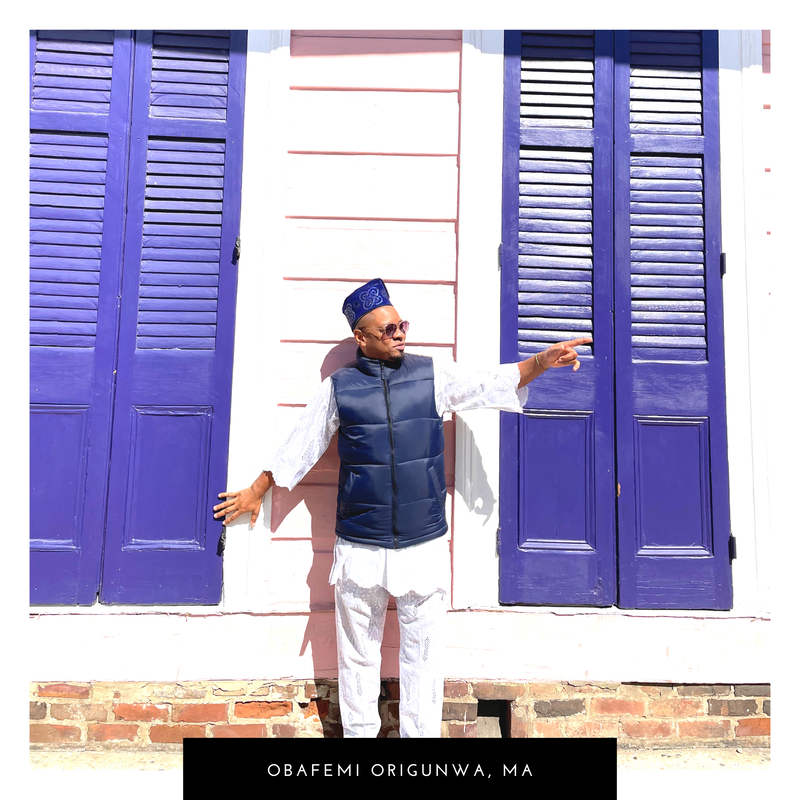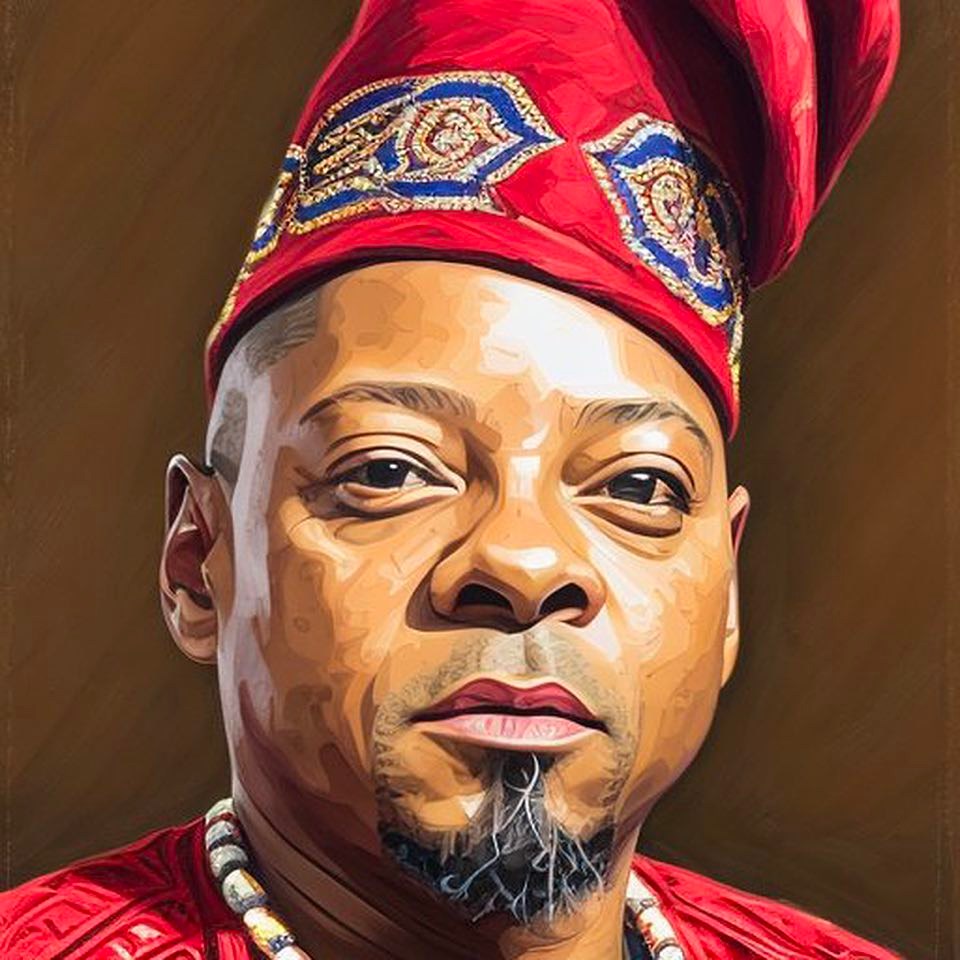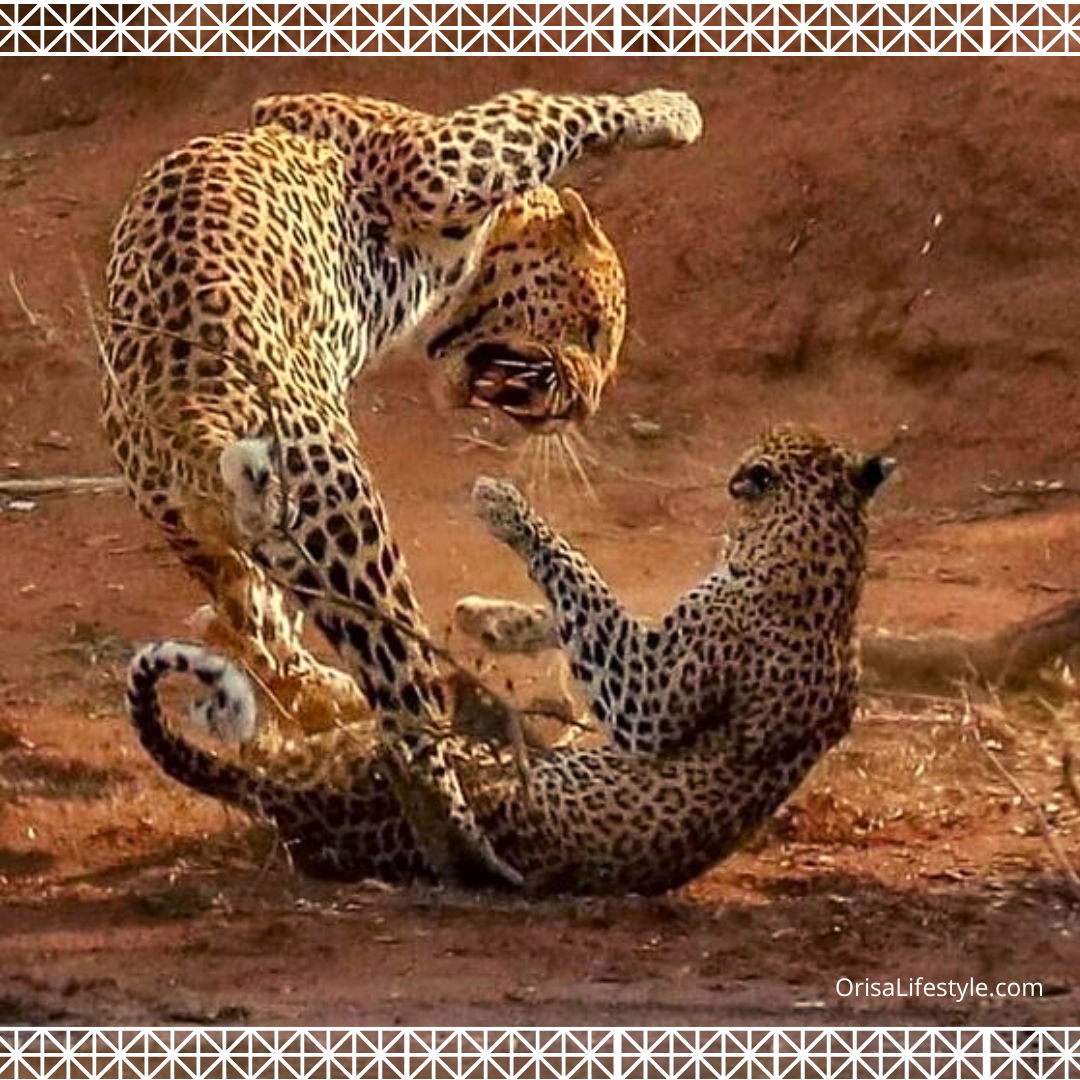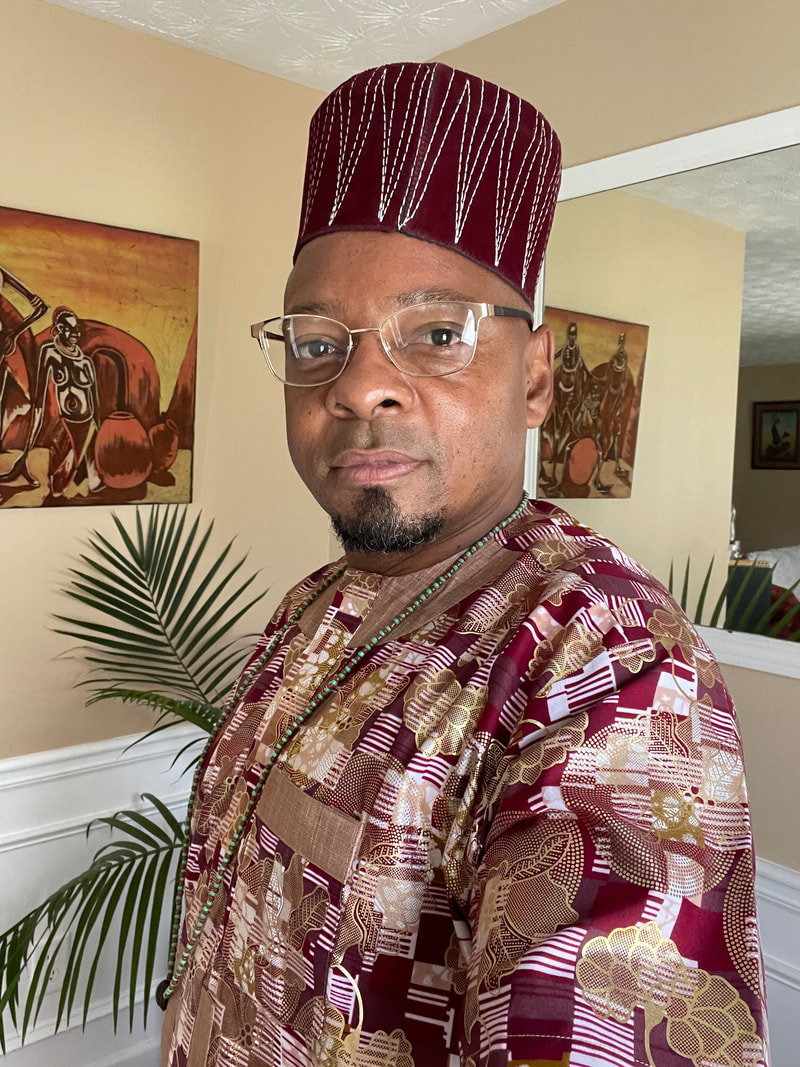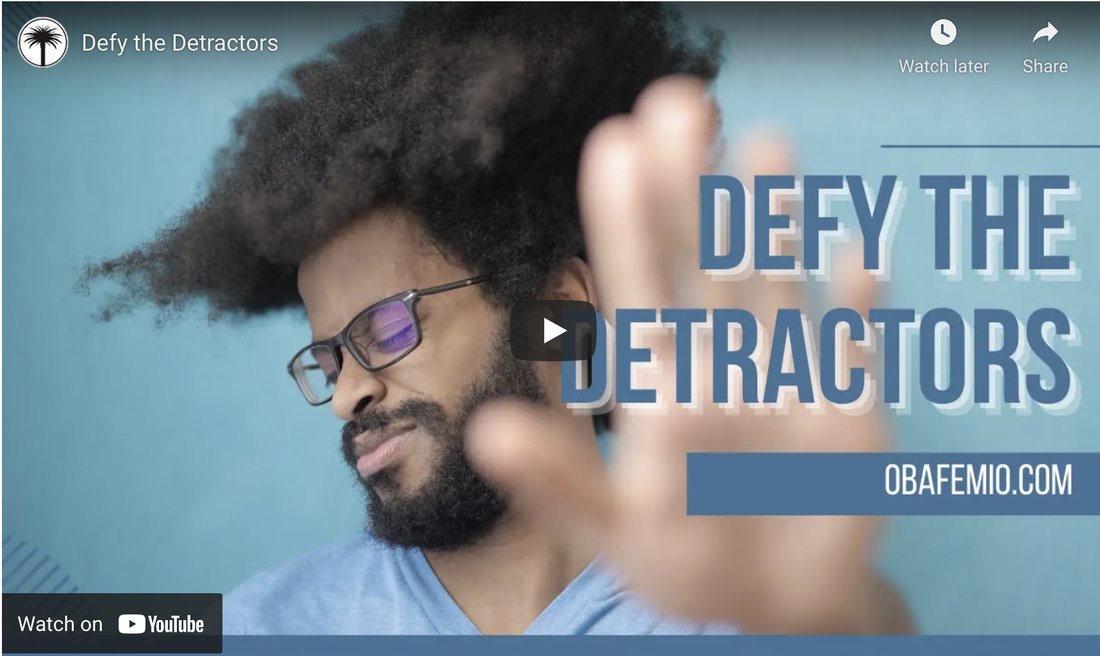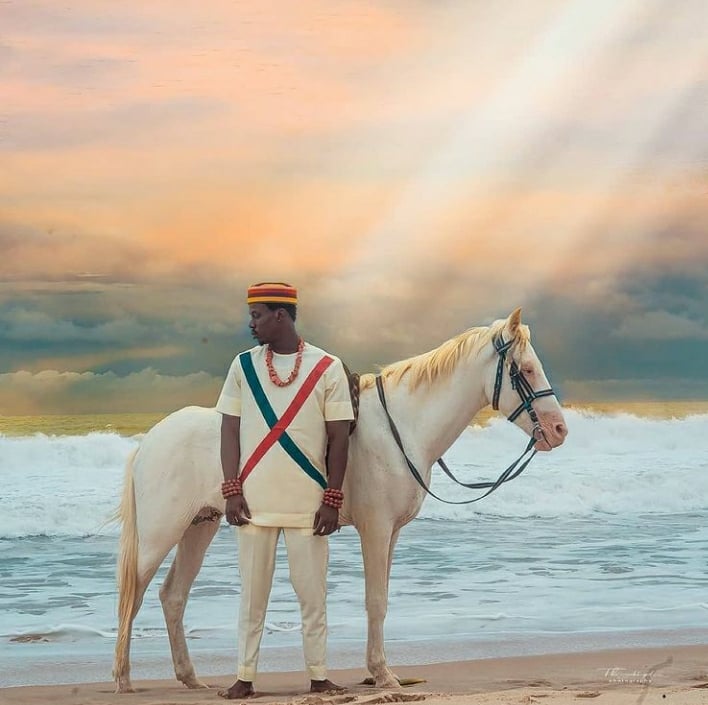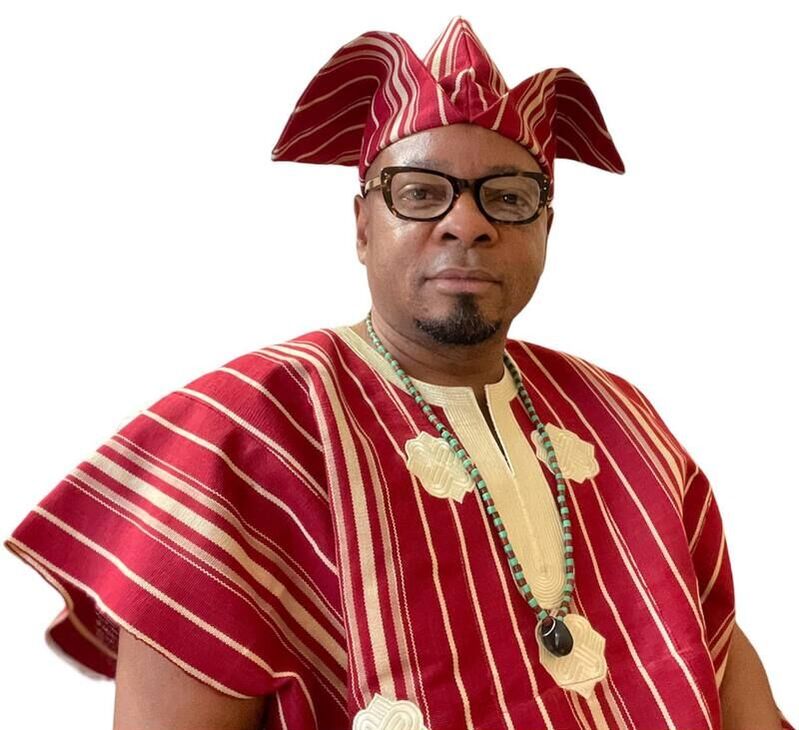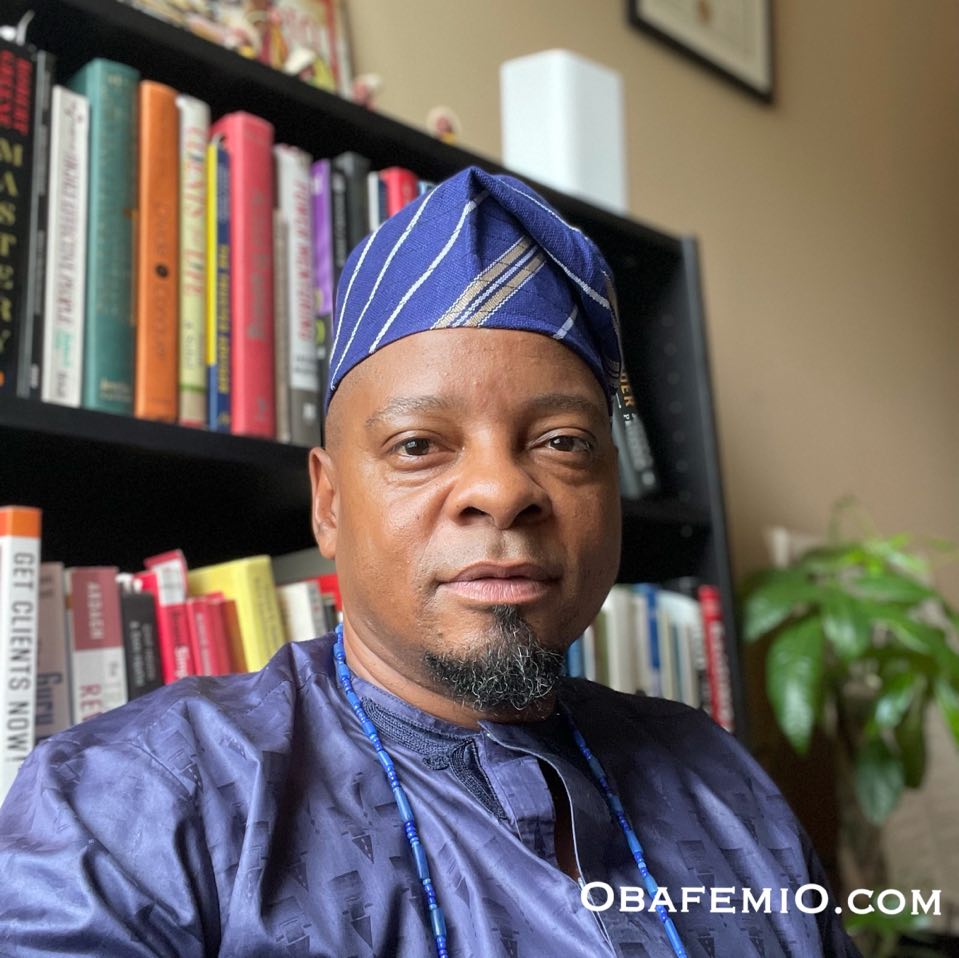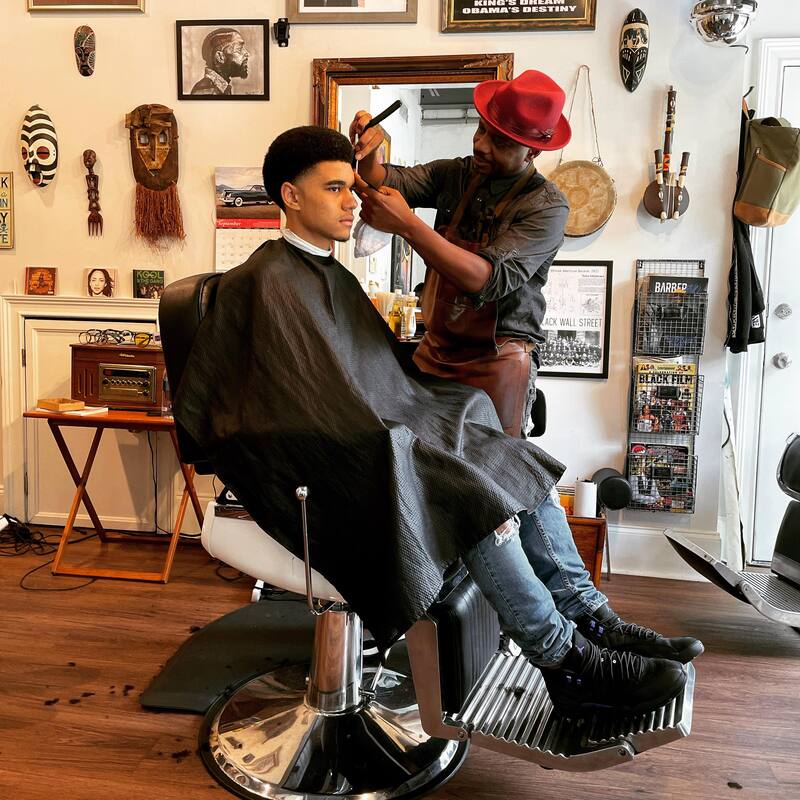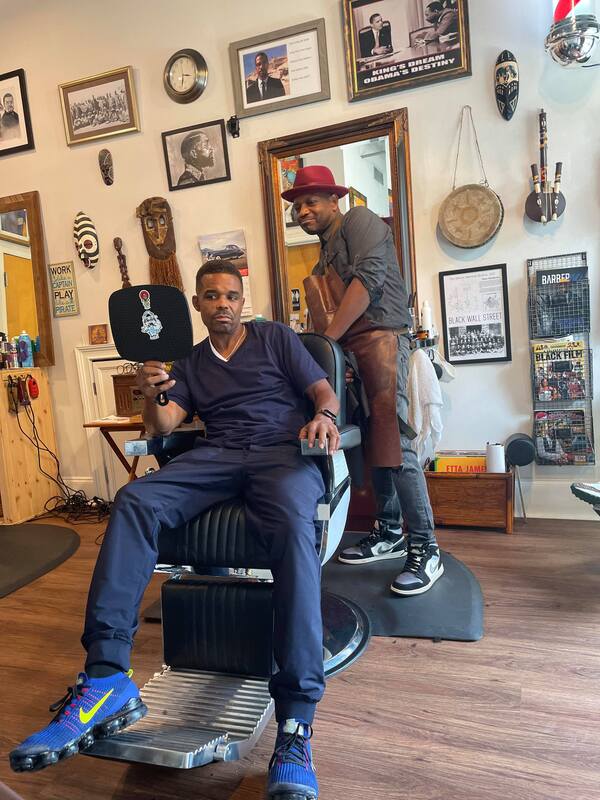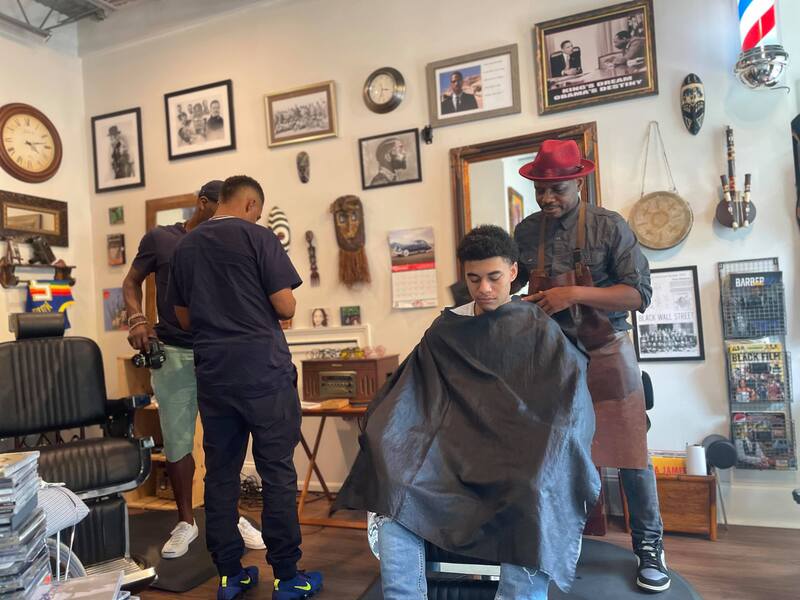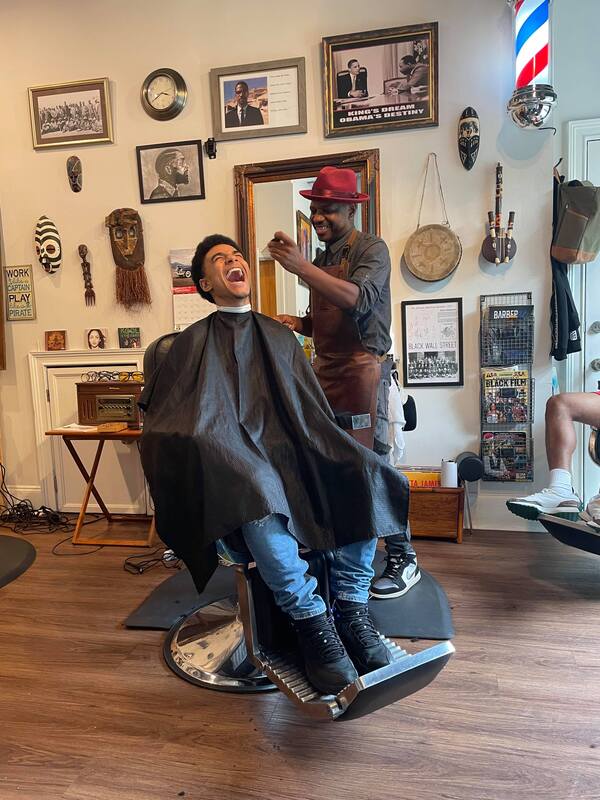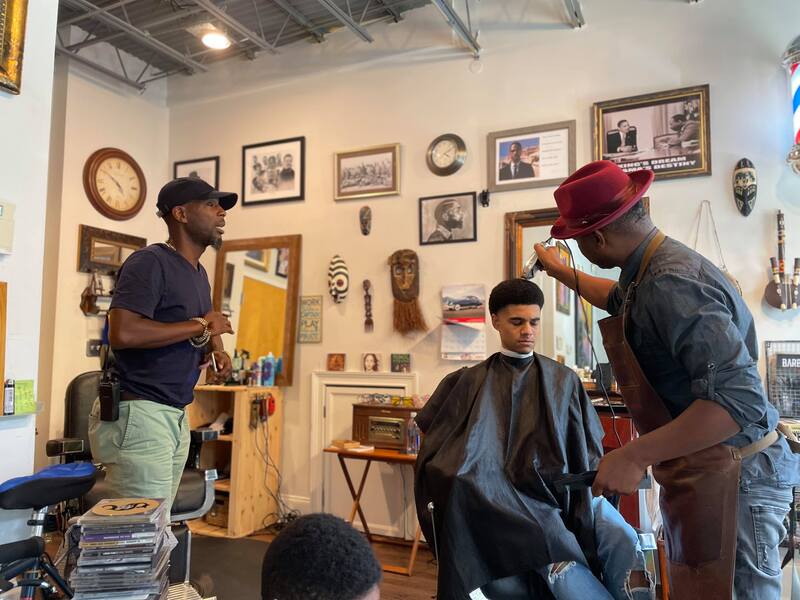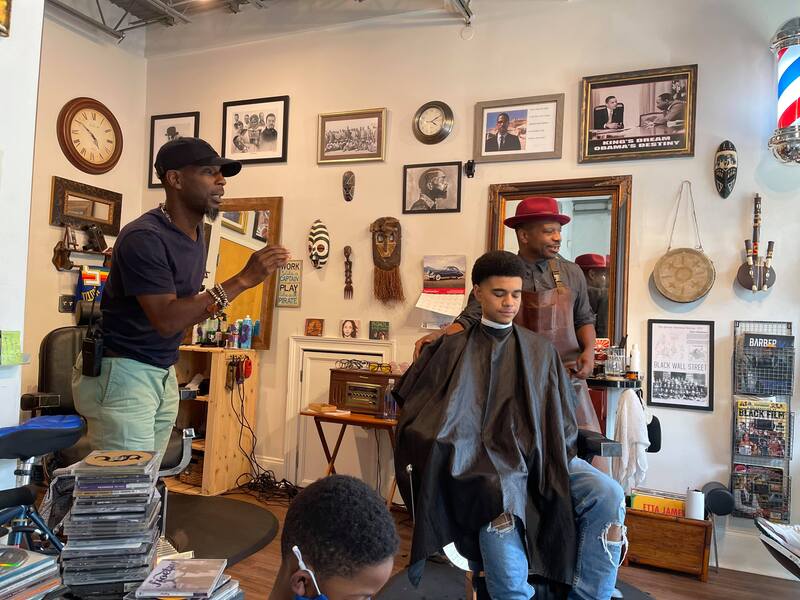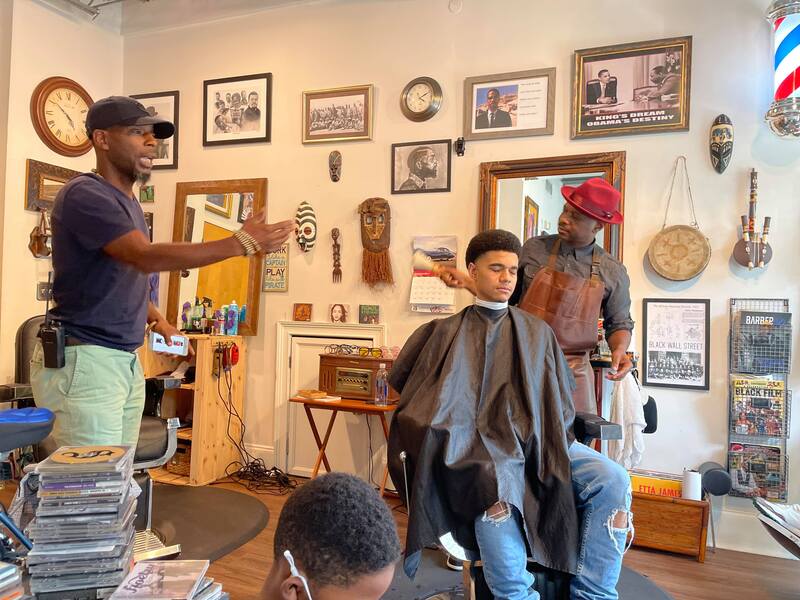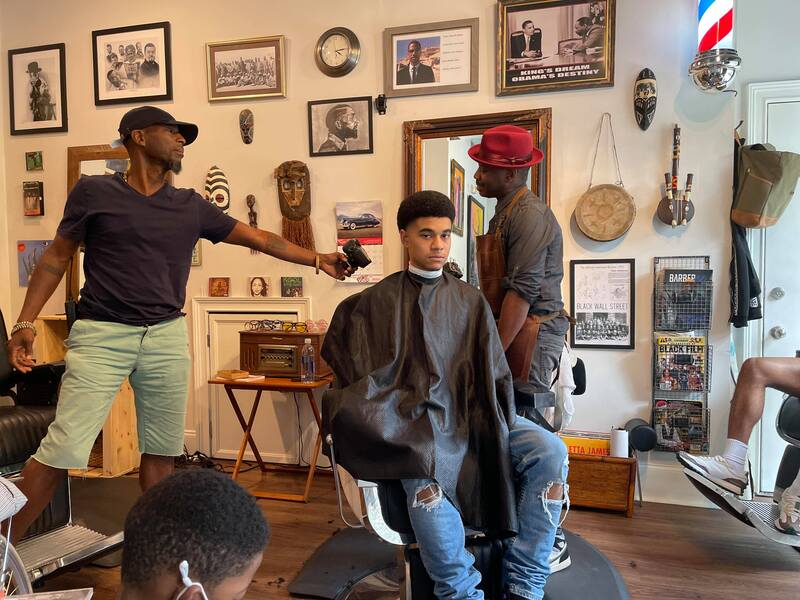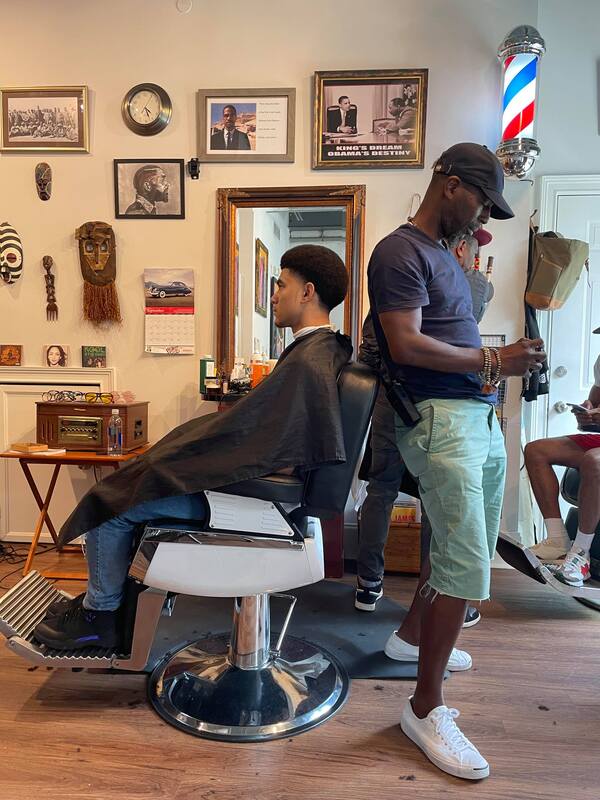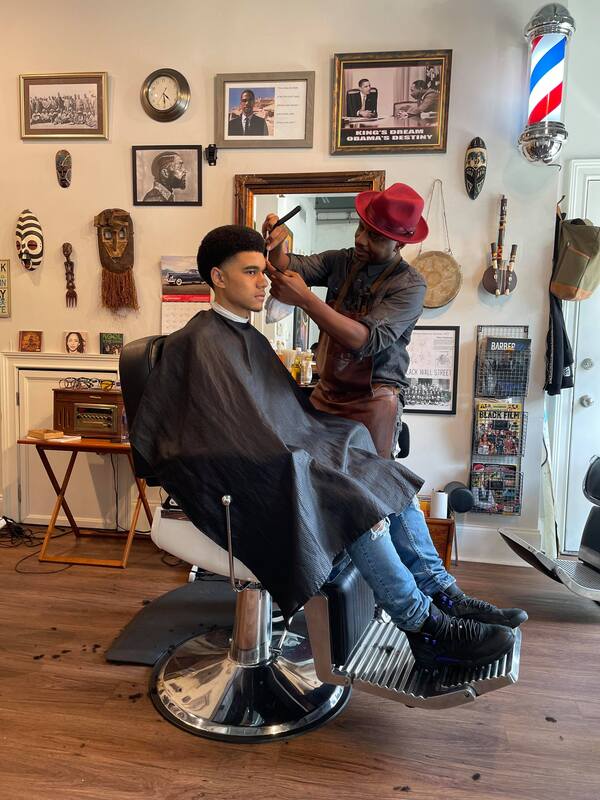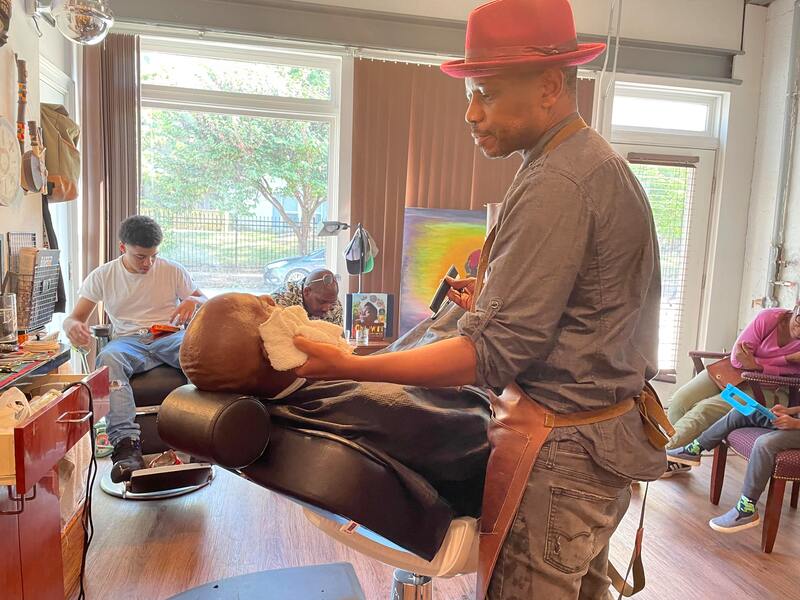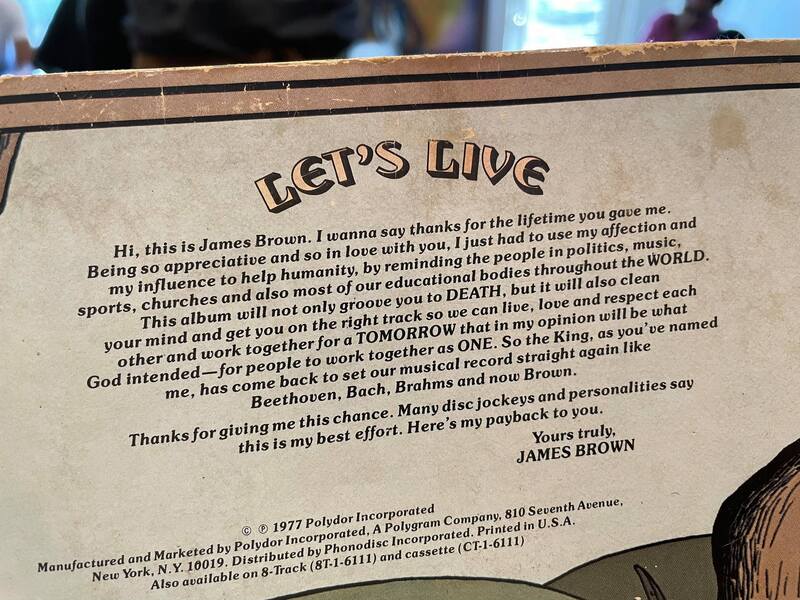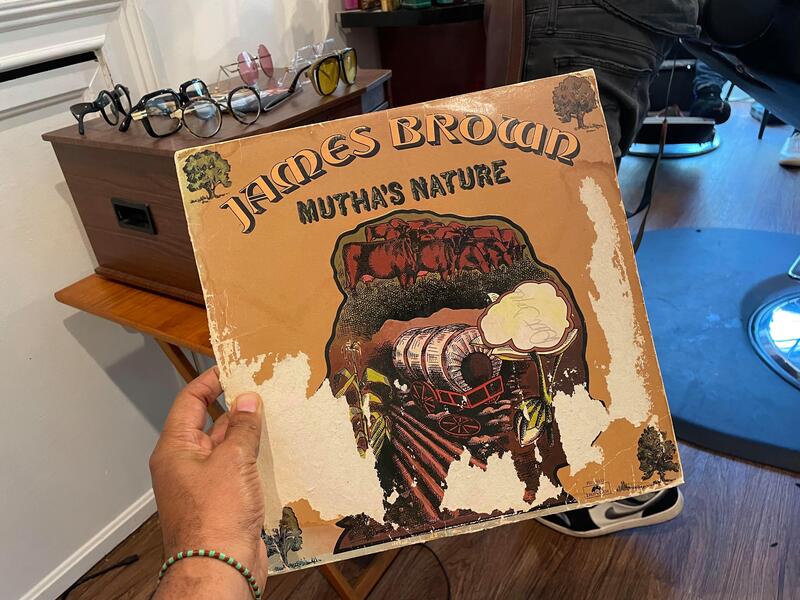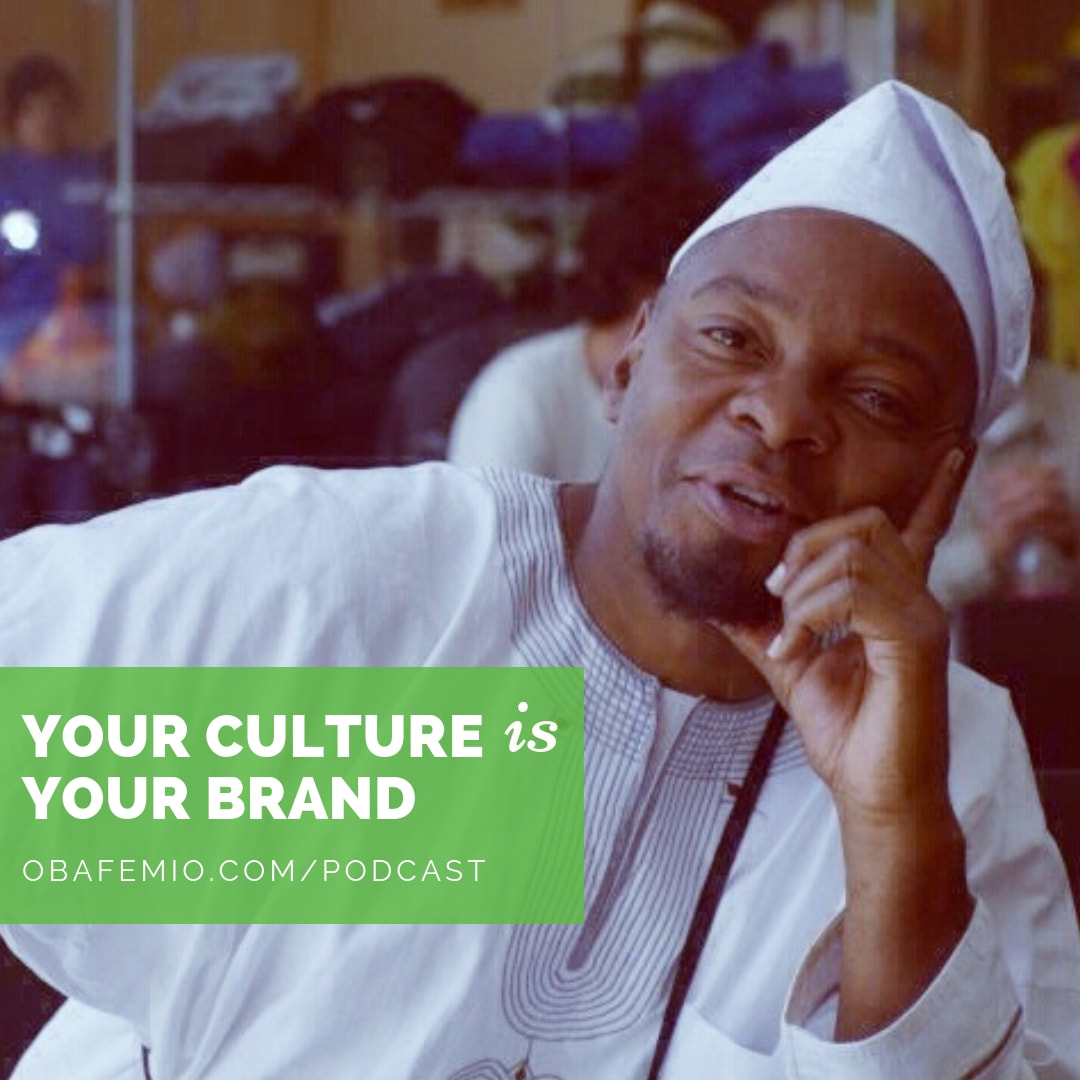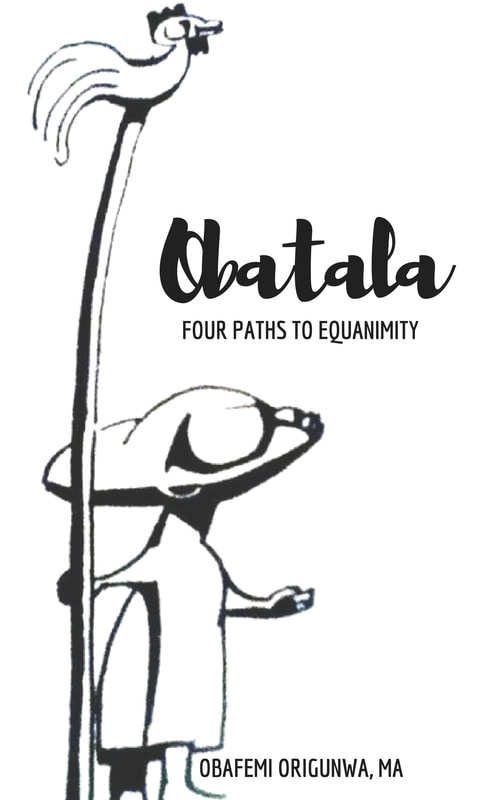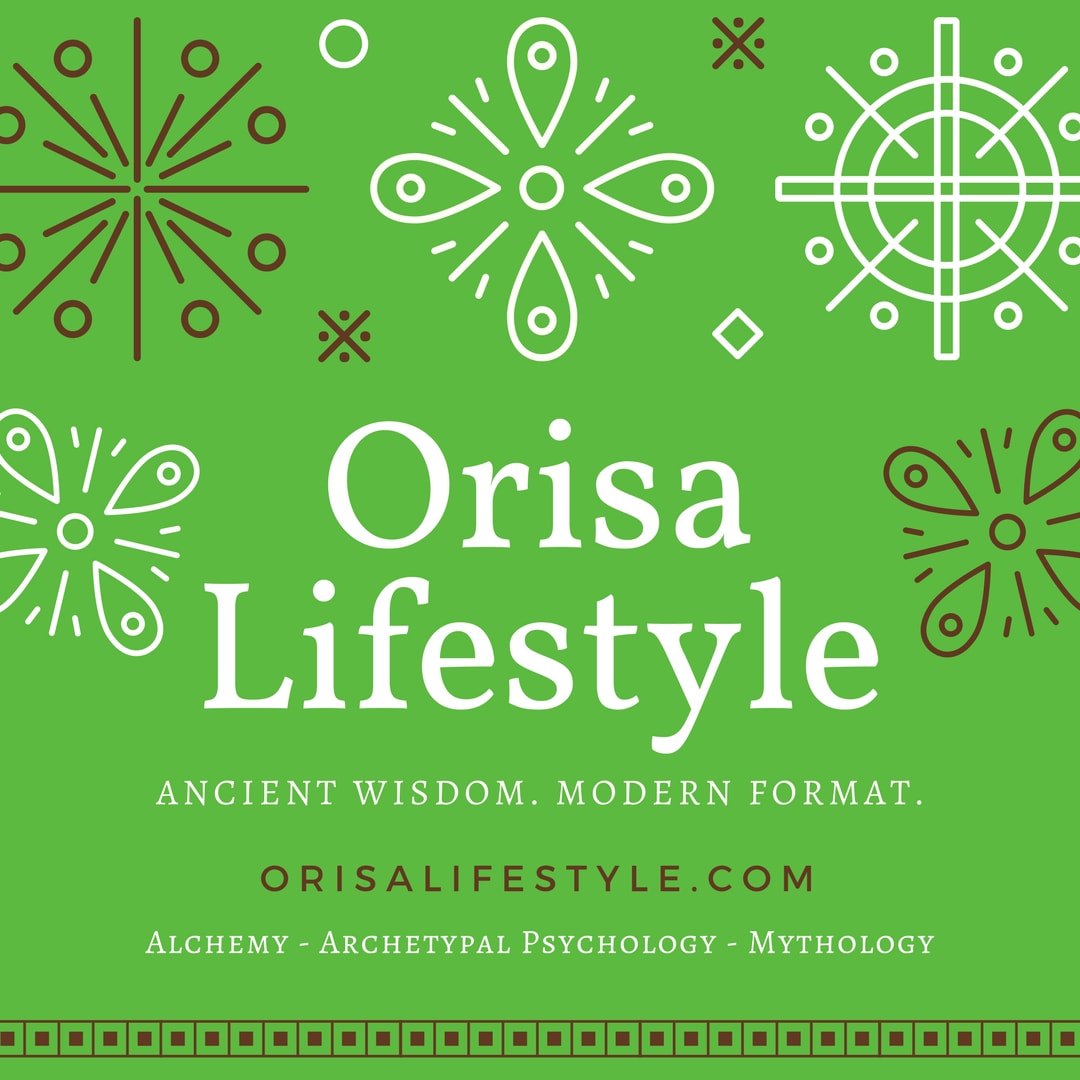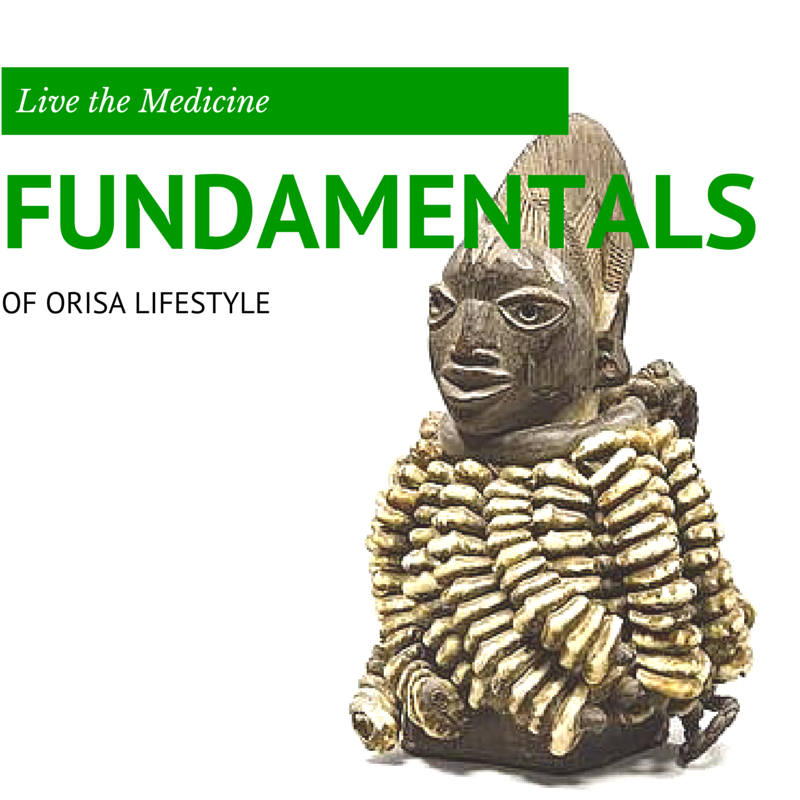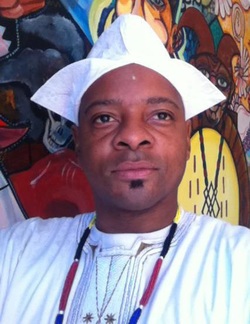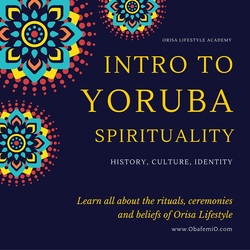|
African spirituality is a field where everyone seems to think they are experts. In medicine or auto-mechanics, people are more likely to defer to the trained professionals. But for a variety of reasons, the average person thinks that personal experiences somehow provide a direct window into the workings of the human soul. As a result, common people regularly challenge experts - i.e. priests - because they believe their anecdotal experiences are as valid as professional training and mastery.
Here is the danger; when you think you're an "expert," then you encounter data that does not fit your personal experience, you tend to disregard it... until it's too late. You can see this tendency in just about any online orisa group, where many intelligent commentators will rant with righteous indignation about how their personal experience shows just the opposite of the sacred text, or that their uncle Devonte was an exception to the rule of tradition. This is especially true when it comes to doing things that require real change. When Ifa says that you cannot eat a food, wear a color or associate with a person that you like, you are more likely to start squawking about exceptions to the rule. "... But what if" is a phrase commonly used by people who think they know better than the babalawo, based upon some personal experience or a playground legend about the person who defied all the rules and still got what they wanted. This is what I want you to do; the next time you disagree with the priest because your personal experience tells you different, keep in mind that your personal anecdote represents an individual experience that very well may be valid. However, just because you experienced it does not mean that the rule is invalid. It just means that, in that particular instance, you were able to get the desired outcome, in spite of the fact that you did something different from what was recommended. There are many variables to consider before we can say WHY you were the exception that time. Stated another way, even a lot of personal anecdotes do not become data. When you look at the Odu Ifa, consider that the verses are comparable to scientific findings that are based on large samples of data that have been tested under varying circumstances over long periods of time. Tradition is not anecdotal. In the course of my work, I have identified three overlapping aspects of Personal Priesthood, which broadly mirror what Joseph Campbell calls the Hero’s Journey. “The Journey” is a metaphor for initiation.
Through initiation, I am referring to the process by which you learn to reduce your reliance upon the ego and increase your connection to spiritual guidance. Below, I have outlined the overlapping areas of self mastery which are essential to Personal Priesthood. Use these guidelines as a point of reference for making yourself continuously open and receptive to greater torrents of spiritual consciousness. This process unfolds as follows:
These areas of self mastery set up the parameters for fulfilling your destiny. Yoruba wisdom says, Our aspirations prevent misbehavior; how great we actually become is determined by how well-behaved we are. Ultimately, we act in a manner consistent with our destinies. Learn more: ObafemiO.com #OrisaLifestyle #LivetheMedicine IGBA IWA: THE COSMIC GOURD WITH TWO HALVES
The popular Yoruba saying "Tako, tabo, ejiwapo" ("The male and female in togetherness"; Lawal 1995:45) is loaded with meaning. In addition to hinting at the life-producing potential of the couple--the source of the family--it recalls the Yoruba conceptualization of the cosmos as a "big gourd with two halves" (Igba nla meiji sbju de'ra won). (2) The top half signifies maleness as well as the sky/heaven--the realm of invisible spirits (Fig. 1). The bottom half represents femaleness and the primeval waters out of which the physical world was later created. A mysterious power called ase is thought to hold the gourd in space, enabling the sun and moon to shine, wind to blow, fire to burn, rain to fall, rivers to flow, and both living and nonliving things to exist. This power emanates from a Supreme Deity known (among other names) as Alase ('Owner of ase'), Olorun ('Lord of the Sky') and Olodumare (the 'Eternal One and Source of All That Exists'). Assisting Olodumare in administering the universe is a host of lesser deities or nature forces called orisa. Said to number four hundred or more, each orisa personifies an ase associated with a natural or cultural phenomenon. For example, Obatala represents artistic creativity; Orunmila, intelligence; Oduduwa, divine kingship; Yemoja/Olokun, water and motherhood; Osun, fertility and beauty; and so on. The deity Esu-Elegba occupies a special position among the orisa because of his role as the divine messenger and the link between them and Olódùmarè, on the one hand, and between the orisa and humanity, on the other. He is regarded as the custodian of ase. Unlike the Supreme Divinity in other African cultures, Olodumare seldom creates directly but does so through the orisa. For example, on deciding to create land out of the primeval waters, Olodumare commissioned Odúdúwa to do so. After that, Olodumare instructed the artist deity Obàtalà to mold anthropomorphic images from clay, animated each image with a life force (emi) and then asked the newly created humans to go and inhabit the land below the sky. In short, these events, among others, transformed the bottom half of the cosmic gourd, also called Igba Iwa ('Gourd/Calabash of Existence'), into the material realm and domain of female Earth, Ile, one of whose other names is Iya Aye ('Mother of the World'). According to one creation story, the two halves of the cosmic gourd fitted closely in the beginning, with Olodumare (male Heaven, alias Ajalorun) ruling the top half and Ile (female Earth, alias Ajalaye), the bottom half. But one day, they quarreled over the only bush rat they caught while hunting together in the forest. Ile insisted on keeping the rat because it came from her domain and she was the "senior." Olodumare gave up the catch, caused the top half of Igba Iwa to separate from the bottom, and prevented rain from falling from the sky, thus disrupting the reproductive cycle in the terrestrial world. This obliged Ile to give in and acknowledge the apical position of Olodumare as the head of the cosmos, and life subsequently returned to normal in the physical world (Idowu 1995:46-7, Abimbola 1975:261-91). It may be asked: Since Olodumare allegedly created Ile (through Oduduwa), why should she claim to be the senior? The answer probably lies in another version of the Yoruba creation myth (collected by Samuel Ajayi Crowther, 1852:207) to the effect that the Yoruba once regarded Oduduwa as the Supreme Goddess, an embodiment of Heaven and Earth. According to J. Olumide Lucas, one of the pioneer scholars of Yoruba religion and himself a Yoruba elder: In the early myths she [Oduduwa] is credited with the priority of existence ... She is regarded as having independent existence, and as co-eval with Olorun [aka Olodumare], the Supreme Deity with whom she is associated in the work of creation ... Oduduwa is known as Iya Agbe--'Mother of the Gourd' or 'Mother of the closed calabash; She is [sometimes] represented in a sitting posture, nursing a child. Hence prayers are often addressed to her by would-be mothers (Lucas 1948:45). D. Olarimiwa Epega, another Yoruba elder, makes a similar point: "Odudua is the Self-Existent Being who created existence. He is both male and female ... The word Olodumare is a praise title of Odudua" (1971:13-14). (3) Other scholars have drawn attention to the appearance of the word odu (chief) in the names of Ol-odu-mare and Oduduwa, suggesting that both apparently refer to one and the same deity (Idowu 1994:22-7, 31-2; Bamgbose 1972/73:28-9). (4) Indeed, Olodumare is also known as Eleduwa, which recalls the duwa in Odu-duwa. Thus the narrative attributing the creation of the terrestrial world to Oduduwa may very well reflect a divine act of self-extension, identifying Olodumare as a sexually biune Supreme Deity. In other words, is Ile an alter ego of Olodumare? The reference to the bottom half of the cosmic calabash/gourd as the "mother" (Iya Agbe) is in consonance with the Yoruba identification of a container's lid as ideri ('cover') or omori (lit. omo, 'child' + ori, 'on top'). This is because a container, usually the bigger, supports its smaller cover in the same way a mother carries her child. Two questions then arise: Does Olodumare have a mother? Can the two halves of Igba Iwa also double as a Mother-and-(male) Child? This is not unlikely, given the fact that (as Olumide Lucas noted) Oduduwa is sometimes portrayed as a mother breast-feeding a child (Idowu 1962:Fig. 3b). It is interesting to note that a popular Yoruba folk etymology derives Olodumare's name from Olodu-omo-ere, that is, 'Olodu, the child of a female python' (Idowu 1994:32-3, Bamgbose 1971/72:28-9). The following divination verse identifies him as such: Ahere oko sisun nii mu opolo to lu ni oru A dafun ere Ti o nfi ekun se irahun omo Nwon ni ki o rubo ki o le bi omo: ewure kan, aso kijipa ara re, ejilogun O gbo, o ru Ere si loyun, o si bi omo Awon enia si beresii wipe 'lodu ni omo ti ere bi yi" Nigba ti omo naa si dagba, o si joba ni oju iya re Oun ni gbogbo enia si npe ni Olodumare titi di oni. When we sleep in the farm hut, frogs jump on us in the night. Was the one who cast Ifa [performed divination] for Python When she was weeping and moaning for a child They say she should sacrifice one she-goat, the homespun cloth she was wearing and eleven shillings so that she might be able to have a child She heard and made the sacrifice And Python became pregnant, and she gave birth to a child And people began to say: 'One who has Odu" was this child that Python bore And when the child grew up, she lived to see him become a king He is the one whom all people are calling 'One who has Odu, child of Python' (Olodumare) until this very day (Bascom 1969:322-3, also cited in Bamgbose 1971/72:27). The Yoruba deity that immediately comes to mind is Osumare, who appears as the rainbow and whose symbol is the python (ere). Frequently represented as a pair of serpents or a single serpent with two heads (Fig. 2), Osumare is associated with wealth and prosperity. Curiously, the word mare ('the immense, infinite, or eternal') appears in both Osu-mare and Olodu-mare (Idowu 1994:30, Bamgbose 1971/72:27, 32; see also Babalola 1972/73:104-105). One folk explanation of the rainbow is that it encodes a message from Olodumare to his mother (the python?) in the underworld (Idowu 1994:30). That a snake deity might have played a much more prominent role in Yoruba religion in ancient rimes than it does today is apparent in the frequent representation of python motifs in Yoruba art. For example, a fourteenth-century terracotta vessel from Ile-Ife (Fig. 3) features a big snake looming above what seems to be an abstraction of an altar displaying three human heads, one naturalistic and the other two highly stylized. There is another snake at the back of the vessel (Garlake 1974:Fig. 6, pl. XLVI; see also Drewal, Pemberton, and Abiodun 1989). Note the emphasis on the creature also in the carved ritual bowl in Fig. 4. With its head on top of the female figure and its tail resting on the head of the male figure--as if uniting both sexes--this python seems to be watching over the cosmos, paying special attention to humanity. As noted earlier, the divine messenger Esu-Elegba is the keeper of ase, mediating its positive and negative powers. Hence, as will be seen below, he is perceived as an orisa with good and bad tendencies. The carved female in Fig. 5 conveys his generous disposition by touching her left breast. However, note the snake on her head that proclaims his other side! Besides, the snake reminds us of Esumare (another name for the rainbow deity Osumare) and Edumare (another name for the Supreme Being Olodumare; ibid., p. 31). As we shall see, the latter is the wellspring of existence in all its positive and negative aspects. In any event, the view held by some Yoruba informants that (a) Olodumare has a mother, (b) s/he embodies the male and the female principles of the cosmos, and (c) s/he may have something to do with a celestial python, has parallels among the Fon of the Republic of Benin, whose cosmology, many scholars believe, has been heavily influenced by that of their Yoruba neighbors (Maupoil 1943, Verger 1957). For example, the Fon conceptualize their Supreme Deity, Mawu-Lisa, as both male and female in essence. Its most sacred symbol is a closed calabash, like that of the Yoruba. The top half of the calabash symbolizes Lisa, the male Heaven, associated with day, heat, fire, fatherhood, and virility. The bottom half signifies Mawu, the female Earth, associated with night, coolness, water, fertility, motherhood, generosity, and nurture. Notwithstanding, the Fon often call the two aspects Mawu (Argyle 1966:179). As Melville and Frances Herskovits put it, Any discussion of the Great Gods with [the Fon] will make apparent at once the importance of the Sky-God. When the ultimate control of the Universe is referred to, Mawu is the god usually named. Yet when one speaks to persons immediately connected with the Sky-God cult .... the name given to this deity will be the hyphenated one of the two principal members of the Sky pantheon, Mawu-Lisa ... It is generally held that Mawu whose domain is in the moon, is female, and that Lisa, who rules the sun is male. Bur mythological accounts vary. One version we collected tells that Mawu is androgynous and that Lisa is the son of Mawu ... Another relates that Mawu and Lisa are two beings in one, one-half a female whose eyes are the moon, the other a male whose eyes are the sun. This version, it is claimed, explains the meaning of the word Mawu (body-divided; 1933:11). Furthermore, certain Fon oral traditions identify Mawu-Lisa as the offspring of a Mother Goddess called Nana Buluku (Nana Buruku or Nana Bukuu in Yoruba) who derives much of her powers from a primordial python Dan or Dambala, who is associated with the rainbow, wealth, and dynamism. Usually signified by a coiled snake with its tail in its mouth to connote eternity, Dambala itself is believed to have two aspects: Dambala-Wedo (male) and AidoWedo (female). These parallels seem to increase the possibility that, before the impact of Islam and Christianity on Yoruba religion, Olodumare might have once had attributes similar in some respects to those of the Fon's Mawu, Mawu-Lisa, or Nana Buluku. (5) Another equally popular Yoruba creation narrative identifies the top (male) half of the cosmic calabash/gourd (Igba Iwa) with Obatala, the creativity deity, and the bottom half with Oduduwa in her role as female Earth (Lucas 1948:95). Apart from casting the two orisa in roles comparable to those of Olodumare and the Fon's Mawu-Lisa, this tradition makes Obatala the Supreme Deity, as implied in nicknames such as Orisa Nla ('Great Deity') and Alabalase ('The Wielder of Great ase'). Indeed, as Idowu points out, "he is called by some of Olodumare's significant appellations. For instance, he is called Atererekaye--'He who stretches over the whole extent of the earth'" (1994:70). Some stories even identify Obatala as the husband of the primordial python, mentioned earlier, that allegedly gave birth to Olodumare (Bascom 1980:212-15). And a number of scholars of Fon culture suspect that Mawu might derive from the Yoruba goddess Yeye Mowo, one of the wives of Obatala (Verger 1957:449, 552, Morton-Wil liams 1964:250 n.2, Bay 1998:95) whom some scholars identify as Oduduwa (Lucas 1948:96).* *Lawal, Babatunde. Ejiwapo: the dialectics of twoness in Yoruba art and culture Akose is as much an art as it is a science. Either way, a master hand is necessary to bring out the best qualities of akose preparations. Each combination of leaves, roots and tree barks has its individuality, its own special relationship to water, fire and soil. Thus, in order to fully appreciate the nuances of akose, you need to be sensitive to the delicate balance of elements required to produce it.
Akose takes many forms and has even more functions. In my own practice, I make use of three main types of akose; soap, powder and cream. More important than the type of akose, you need to understand the philosophy of akose. The Yorùbá recognize supernatural, natural and cultural causations of illness. Regarding the supernatural, it is believed that the orisa and certain spirits can cause illness when they are not propitiated. For instance, Ògún can cause a fatal road accident while desecration of Sonponna, can cause mental illness. Likewise, regarding natural causes of imbalance might include weather exposure. For instance, fever can be caused by exposure to heat of the sun. Cultural causation pertains to human conduct that leads to illness. People who are steeped in witchcraft, for example, can cause sickness, financial blockages or nightmares. While babalawos rely on Ifa verses to guide their healing knowledge, herbalists do not. Instead, they mostly engage the use of herbal elements in the healing process. Here, it is important to note that, while their disciplines are distinct from one another, when it comes to actual practices, Yoruba traditional healers are interwoven into an aggregate of healing methodologies. An herbalist may utilize both Ifa and metaphysical modes of healing and the babalawo will definitely make use of herbal medicine. The distinction is however marked by the predominant mode used in healing. Òsanyìn is universally recognized as the source of healing wisdom. It was he who taught Òrúnmìlὰ the art and science of plant medicine. While Òrúnmìlὰ is steeped in Ifa wisdom, Òsanyìn is reputed for his knowledge of herbs. The Holy Odu OgundaMeji tells us how Òrúnmìlὰ and Òsanyìn traded wisdom in order to empower one another. The outcome of their combined wisdoms is what we might call the philosophy of akose. On the one hand, Odu Ifa are essential for diagnosis, which enables the practitioner to take a holistic approach to healing. For example, observances are derived from Odu Ifa; what foods to eat and to avoid, what colors to wear, when to speak out and when to remain silent. On the other hand, which plants to use, how to harvest them and how to combine them is the specialized knowledge of the herbalists. It is their insights into the healing properties of plants that enables the herbalists to optimize their powers. Weekly chant for prosperity, protection and blessings: Taken from the Holy Odu OgbeAte, this akose calls for two yellow baby bananas, sea salt, palm oil, one white plate, Osun (camwood powder). Instructions: For use on Mondays Mash the 2 bananas onto the white plate. Add a pinch of sea salt and few drops of epo. Mark the Odu Ifa in Osun then recite the following verse. Sprinkle the powder over the bananas. Recite the incantation: Olukokun! Oboga-boga! Alado-Ewi! Oba-Ajio! Protect me Once the banana has a child she protects it Orunmila, put me under your protection I come with palm oil I come with salt I have OgbeAte support Oooo Everything is complete Orunmila grant me prosperity, wealth, spouse Children, good health and all the good things of life Ase! Pray for wealth, comfort and protection. Breathe onto the preparation three times before eating. In order to optimize this akose, there are certain observances and best practices to also take into consideration. Firstly, chasing money is like trying to chase the wind. You will be much more successful if you know the nature and patterns of the wind. That way, you can position yourself in a way that allows you to capture it when the time is ripe. Likewise, this akose works best when you have positioned yourself in a way that is conducive to prosperity. In other words, you need money to make money. The akose will just help you make more money! Likewise, orisa aje is the spirit of wealth. Her nature is delicate. She will study an environment before she enters. If she detects strife, conflict and discord, aje will not linger. So, you must keep your environment neat and peaceful if you want the akose to be most effective. Learn more about the philosophy and the power of akose: CLICK HERE
i walk the forest like an explorer on a mission of discovery. my pace is quickened by certainty. my eye is made keen by experience. i feel the freshness of the air. i inhale the fragrance of the river and i hear the rustling of dry leaves alongside the path. and there he is, the red king of the forest! elusive, but impossible to miss. his pink lady remains nearby. i walk the forest like a missionary deeply engrossed in exploration. my feet know exactly the steps to take... as ori guides the way. ori uwa. agunwa.
Obafemi Origunwa, MA | ObafemiO.com #LivetheMedicine The time has come to silence the detractors with overwhelming enthusiasm. When good people remain silent in the face of detractors, we become enablers of destructive habits. Many people are reluctant to take a stand against detractors, gossipers and trouble makers because you are afraid of becoming a target. Rest assured, Ifa tells us that Olodumare, Ori and Ifa are your most important supporters. With these three, you will forever remain more powerful than all opposition.
The working of the grinding stone And the functioning of the grinding-stone Pregnancy makes the breasts protrude Ifa’s messages for He who-they-are-discrediting But who Olodumare is supplementing He was advised to offer sacrifice He complied If someone refuses to greet me Let the person sit down The greeting of Olodumare is more than those of 200 people If someone refuses to salute me Let the person be seated The greeting of my Ori is more than those of 200 men If someone refuses to compliment me Let the person go and sit down The greeting of my Ifa is more than those of 200 human beings - Holy Odu OsaIrete Align yourself with Olodumare. Look to Ifa for support. Seek first acceptance from ori. With them, you have the power to let all detractors be seated and remain silent from now onward. Ase. Obafemi Origunwa, MA | OrisaLifestyle.com Masculine leadership is synonymous with provision. When a man aspires to greatness, it is because he is responding to his innate desire to provide. A man acquires wealth, power and prestige largely so that he can take care of his loved ones, especially his wife and children.
In the Yoruba tradition, strong masculine leadership is expected. Once a boy reaches about 8 years of age, he naturally serves as an apprentice to his father, who teaches him the family craft. By the time he reaches young adulthood, he should be able to fetch enough money to ask his father for land. It is absolutely normal for a Yoruba man to BUILD a house and then provide food, clothes and shelter for all who dwell within it. These expectations inform the way men pray within Orisa Lifestyle. We do not ask for our obligations to decrease. Instead, we pray for the resources necessary to meet our obligations. We do not accept the idea that somebody else will carry the load that our ori chose in the prenatal state. This verse of the Holy Odu EjiOgbe is illustrative: I walked stealthily and adorned my head with a befitting crown I walked quietly and adorned my neck with Ejigbara and Okun beads I know nothing and I am ignorant of all things Nonetheless, I ascended the throne of the market leaders The youths of Ife saw me and they put on befitting garments The elders of Ife saw me and they put on gorgeous dresses May evil not set me in contention with Gunnugun (the vulture) May I live and grow as old as the vulture May evil not set me up against Akala (the hornbill) May I become as old as the hornbill Elders do not make forceful sounds like the closing of the main entrance door Ifa, please turn me into a Babalawo When a Babalawo becomes a full Babalawo He will have a pony in front of his house Ifa, please let me have a pony in front my house Ifa, please turn me into a Babalawo When a Babalawo becomes a full Babalawo He will have a galloping horse in the backyard of his house Ifa, please let me have a galloping horse in the backyard of my house Ifa, please turn me into a Babalawo When a Babalawo becomes a full Babalawo He will be blessed with 1,460 women in his house Ifa, please let me have 1,460 women in my house Ifa, please turn me into a Babalawo When a Babalawo becomes a full Babalawo He will have 1,460 children in his house Ifa, please let me have 1,460 children in my house Ifa, please let me live up to their expectations as their father Alofoun of the farm land You are the father of all grasses Ifa, please let me live up to their expectations as their father Torofinni is the head of all rats in the forest Ifa, please let me live up to their expectations as their father Alofoun of the farm land You are the father of all grasses Ifa, please let me live up to their expectations as their father Oduso is the head of all Ikin Ifa, please let me live up to their expectations as their father Alofoun of the farm land You are the father of all grasses Ifa, please let me live up to their expectations as their father Akaraba is the head of all fish in the deep Ifa, please let me live up to their expectations as their father Alofoun of the farm land You are the father of all grasses Ifa, please let me live up to their expectations as their father The Peacock is the head of all birds in the forest Ifa, please let me live up to their expectations as their father Alofoun of the farm land You are the father of all grasses Ifa, please let me live up to their expectations as their father - Holy Odu EjiOgbe This verse offers many important lessons for the men of Orisa Lifestyle. In the opening lines, it speaks to quiet and inconspicuous way of maturity. It goes on to reassure you that the appropriate parties will recognize your capabilities and contribution in spite of the fact that you are humble. Next, the verse emphasizes the attributes of a babalawo, as a particular kind of man. A babalawo is cool, yet bold. He is prominent in his humility. As a result, he naturally ascends the throne of spiritual authority. And so, the verse becomes a prayer that the man might become a babalawo who takes the natural path of empowerment, not for self aggrandizement, but so that he might live up to their expectations as their father. I am looking for leaders who are committed to changing the world through positive influence and strong masculine leadership. If that is you, or you support this, find out how Obafemi Origunwa and the Orisa Lifestyle Academy can help you take your practice to the next level. Learn more: CLICK HERE The story of OrisaLifestyle is all about the clash of civilizations; one European and the other African. As a result of this fateful collision, African people in America find ourselves bound to a nation and an idea that sits atop a hill of imperial dominance.
From this vantage point, a king can see - and gain access to - the international terrain with relative ease. In my travels, I have seen more than fifty cities in the United States and just as many around the world. From South America to East Africa, to Northern England to Western Canada, I have surveyed the lives of African people in diaspora. Along the way, I have encountered a peculiar segment of the global African population. These men and women represent a distinct group of people who look at life with a visionary gaze. They see connections and opportunities that others overlook. More importantly, these people do not hesitate to act. They are leaders. Because of the influence these individuals has had on me, I have felt compelled to actively seek out leaders; people who are devoted to changing the world through positive influence. The purpose of my search is to facilitate a melting pot movement, in which Africans from the Continent, the Caribbean, Europe, North and South America can be unified in service to the Ancestral Promise. If you are one of those leaders, now is your time. Join the Orisa Lifestyle Academy and start to learn how Obafemi Origunwa can help you start to live the medicine that will heal your life and the lives of those you are destined to serve. LEARN MORE The Yoruba king is a patron of every segment of his kingdom; he must support Muslims, Christians and traditionalists alike. Strategically, this requires the effective king to recruit operatives from every segment of the community. Tactically, this means that he must look beyond things like religious affiliation in order to understand and identify the people who are most likely to represent his vision for the community, based on their interests, activities and lifestyle choices. The objective is to assemble people from different walks of life who share certain key values.
So, although you're familiar with your people's affiliation with various Orisa, it's also extremely important to recognize the extent to which members of your tribe group themselves into smaller and smaller interest groups, such as 'The Bey Hive', the Manosphere, or warriors for intergenerational wealth. These self-selected affiliations can reveal powerful concerns that influence the way your people make important decisions. Here are five variables you can use to better understand the people you serve:
When you have gathered all this pertinent information about your people, make the insights operational. That is, create ongoing opportunities for your people to show up fully, without compromising important aspects of their personalities. Do this, and you will notice how much more willing they are to do more than the bare minimum to comply. Instead, you will find that your people are increasingly willing to invest themselves entirely into your vision of the community. I am in search of leaders who are devoted to improving the world through positive influence. If that is you, find out how Obafemi Origunwa and the Orisa Lifestyle Academy can help you take your life and your practice to the next level. Learn more: CLICK HERE Ogun oni gbajamo irun ni je Ogun the barber eats hair The statement above is part of a longer litany of oriki (praise poetry) for Orisa Ogun. In the final analysis, it means that the blade sustains the barber. Cutting hair is his livelihood and thus, the barber is a ward of Ogun, the orisa who governs everything that pertains to iron. So, because iron sharpens iron, it makes sense that men gather at the barber shop in order to become more refined. Like Ogun, the barber is a sculptor, who wields the razor with expert precision. Bit by bit, he cuts away all the non-essentials so that what remains is balanced and well-shaped. In the barber shop, however, every man carries his own symbolic razor. As we wait for our turn in the chair, we talk to one another, we brag on ourselves, and espouse our beliefs. Through this free-flowing, organic conversation, we sharpen one another in a way that every man emerges just a little bit better. In the Holy Odu OgundaMeji, Ifa tells us of Ogun's son, whose name is Ina. When Ogun's wife was expecting, he went to consult Ifa. The babalawo advised Ogun that he would have a son who would become great and whose name would be known all over the world. Here, the sacred text says the following:
Reputation Clamor These were Ifa's messages to Ogun Who woulld beget one child Whose influence would be felt the world over He was advised to offer sacrifice The babalawo said that Ogun must offer one he-goat, a bundle of white cloth, red cloth and black cloth so that the boy would be born safely and have a good reputation as well. Ogun offered the he-goat for safe delivery, but failed to make the sacrifice for good reputation. Ina was born safely, but arrived with intense drama. For one, the hands of the midwife who tended his birth were severely burnt as soon as she touched him. Then, after his first bath, they tossed his bath water into the bushes. When the water touched the bushes they immediately caught fire. As Ina grew up, any time he was happy, he wore white, red and black cloth, which his father had refused to sacrifice at the time of his birth. At those times, when his energy was highest, destruction would follow. Consequently, Ina's reputation become synonymous with fear and trepidation. At the same time, however, because he was the son of Ogun, Ina was indispensable. Nobody could cook without him. No house could be kept warm without him. Even Ogun himself could not perform blacksmithing without him. As a result, while some were trying to get rid of him, others were clamoring to get closer to him. Eventually, the wise ones assembled and they declared, We must figure out a way to manage Ina, son of Ogun. They devised a plan. Ina must be respected for who he is and not placed in places that are not suitable to his nature. When we see him clothed in white, red and black cloth, we will withdraw at once. Thus, if ever a farm or a home was burned, the owner himself was deemed irresponsible for mismanaging Ina, which is fire. Ifa says that we shall not extinguish the flame of youth. Instead, we will learn to manage that flame in a way that it is constructive to collective well being. The barbershop is Ogun's territory. It is where men fan the flames of youth and cultivate social refinement. Special thanks to brother Ernest, the best barber in Atlanta. And for clarification, Ernie’s in The Cut is not a barbershop, it’s a Cultural Institution where fine art and barbering intersect-appts: 470.540.6901 or [email protected]. |
Live the MedicineObafemi Origunwa, MAThought leader, Ifa priest and author of four definitive books, Obafemi Origunwa inspires metamorphosis through living the medicine that will heal your life and heal the lives of the people you're destined to serve. 
Raise Awareness

Internalize Principles

Embody Truth
|
